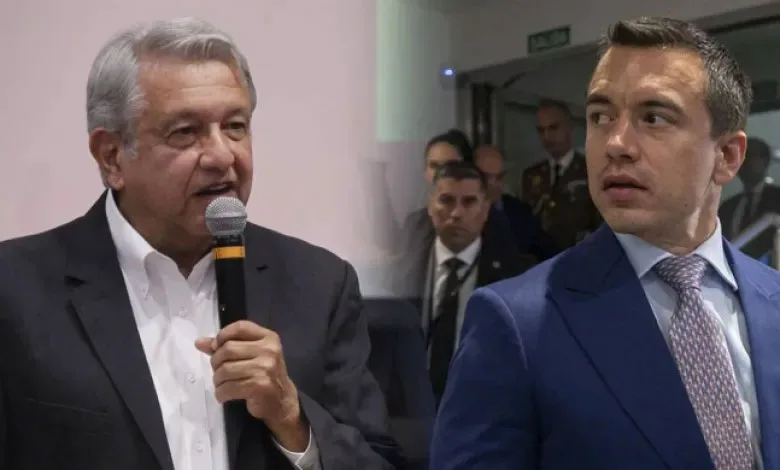Vaccine mandates work and more are on the way
By David Leonhardt and Ian Prasad Philbrick
Vaccine mandates are controversial. They’re also effective.
Before Houston Methodist became one of the first hospital systems in the U.S. to  mandate Covid-19 vaccines, about 85 percent of its employees were vaccinated. After the mandate, the share rose to about 98 percent, with the remaining 2 percent receiving exemptions for medical or religious reasons, Bloomberg’s Carey Goldberg reported. Only about 0.6 percent of employees quit or were fired.
mandate Covid-19 vaccines, about 85 percent of its employees were vaccinated. After the mandate, the share rose to about 98 percent, with the remaining 2 percent receiving exemptions for medical or religious reasons, Bloomberg’s Carey Goldberg reported. Only about 0.6 percent of employees quit or were fired.
Schools — including Indiana University and many private colleges — that require students and workers to get vaccinated have reported extremely high uptake.

A vaccine status check at the Louvre Museum in Paris.
A recent Kaiser Family Foundation survey of Americans who had been opposed to getting vaccinated and later changed their minds found that mandates — or restrictions on the unvaccinated — were one common reason. One 51-year-old man told Kaiser that he began to feel as if he had “limited options without it.”
The French government will soon require that people show proof of vaccination or a recent negative test to eat at a restaurant, attend a movie or participate in many other activities. After President Emmanuel Macron announced the policy last week, the number of vaccine appointments surged. Italy announced a similar policy yesterday, The Times’s Marc Santora explains.
It’s true that these mandates often generate intense criticism. In France, more than 100,000 people marched to protest Macron’s policy. In the U.S., critics sued, unsuccessfully so far, to stop Indiana University’s mandate. Some Republican politicians have also tried to stop mandates, including Gov. Ron DeSantis of Florida and Gov. Mike DeWine of Ohio.
The mandates are also not 100 percent effective. Some people will receive exemptions, as was the case at Houston Methodist. A small number may forge vaccine records. And some vaccinated people will still contract mild versions of Covid, through so-called breakthrough infections.
But even with the opposition and the exceptions, mandates can play a major role in reducing the spread of Covid and saving lives. That’s especially true now that the Delta variant is fueling a rise in cases. “The takeaway message remains, if you’re vaccinated, you are protected,” Dr. Céline Gounder, an infectious disease specialist, told our colleague Apoorva Mandavilli. “You are not going to end up with severe disease, hospitalization or death.”
A ‘staggering’ success
Covid is a new disease, and the debates over Covid policy can seem new, as well. But they’re often not wholly new. They instead echo longstanding debates. Vaccine mandates fall into this category.
Throughout history, societies have struggled with when and how to require vaccines. Opponents of mandates have argued that individuals should be allowed to make their own health decisions — and bear the consequences: What, they ask, is more personal than deciding whether to inject a medicine into one’s body? Supporters of mandates have replied that society has a duty to protect its citizens, including those who cannot be inoculated (like young children and some immunocompromised people, in the case of Covid) and are therefore put at risk by people who voluntarily refuse vaccines.
For these reasons, vaccine mandates cause intense disputes. But when supporters win the argument, public health has often benefited. Guy Nicolette, an administrator at the University of California, Berkeley, pointed out to The Washington Post that colleges have long required other vaccines, like the one for measles. “It’s staggering how well a mandate works on a college campus,” he said.
Dr. Aaron Carroll, Indiana University’s chief health officer, has noted that the country’s victories over many diseases — including smallpox, polio, mumps, rubella and diphtheria — have depended on vaccine mandates by states or local governments. “That’s how the country achieves real herd immunity,” Carroll wrote in The Times. (In the U.S., a national mandate may be unconstitutional.)
When states and school districts have opted not to require vaccines, a disease can often spread needlessly, Carroll explained. That has been the case with human papillomavirus, a sexually transmitted disease known as HPV that can cause cancer. It’s also been the case with influenza, which kills about 35,000 Americans in a typical flu season.
Covid now seems certain to join influenza and HPV as diseases that American society chooses to accept. But it is a choice. Companies, schools and communities that decide to enact vaccine mandates will almost certainly save American lives by doing so.
Mark Barnes, a former health official in New York City, told Bloomberg that he expected the number of these mandates to grow in coming months. “We’re going to see more vaccine mandates by large organizations of all kinds,” he predicted.
______________________
Credit: New York Times Morning Letter
















